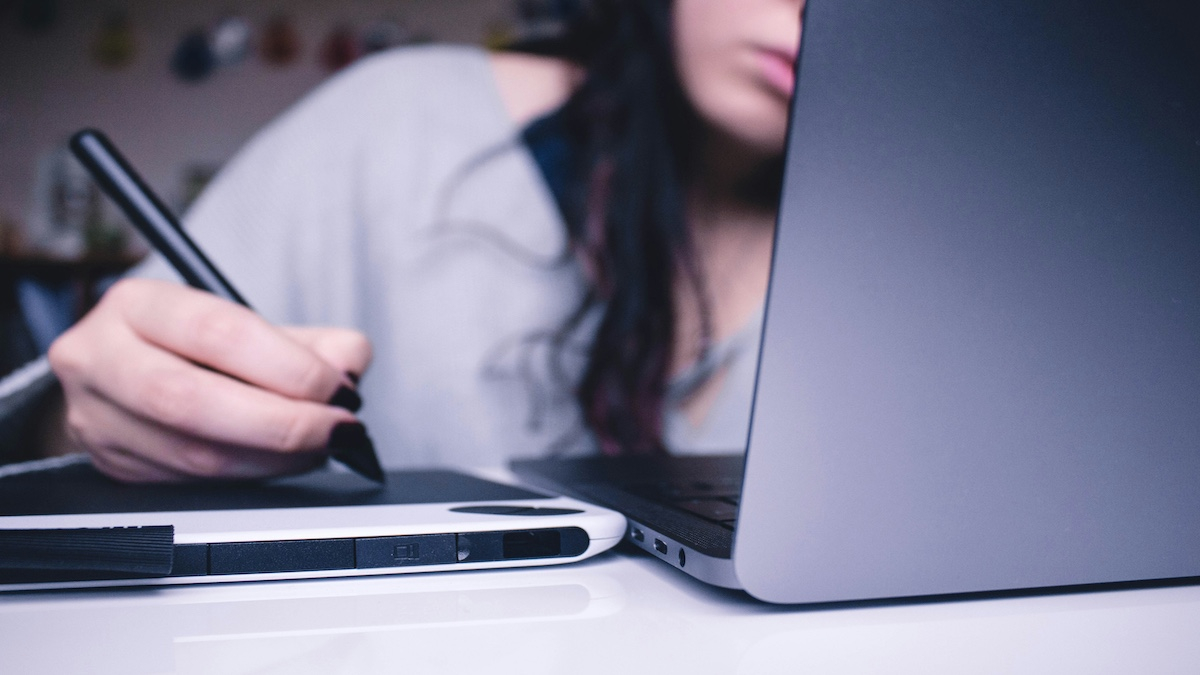Student loan debt can be overwhelming, leading some borrowers to consider bankruptcy as a last resort. However, the impact of bankruptcy on student loans is often misunderstood. Will your loans be discharged if you declare bankruptcy? The answer is not a simple yes or no.
Federal Student Loans and Bankruptcy
Federal student loans are generally not dischargeable in bankruptcy, except in cases of undue hardship. The Bankruptcy Code requires borrowers to prove that repaying their loans would cause them undue hardship, a high legal standard. To qualify, borrowers must demonstrate:
- Repayment would cause them to fall below a minimal standard of living
- Their financial situation is unlikely to improve
- They made good faith efforts to repay their loans
Private Student Loans and Bankruptcy
Private student loans, on the other hand, may be dischargeable in bankruptcy, but it depends on the specific loan terms and the borrower’s circumstances. Some private loans may be considered unsecured debt, making them eligible for discharge in Chapter 7 of bankruptcy code. However, other private loans may be secured by collateral, making them harder to discharge.
Chapter 7 vs. Chapter 13 Bankruptcy
In Chapter 7 of the bankruptcy code, eligible debts are discharged, but assets may be sold to repay creditors. In Chapter 13 of the bankruptcy code, borrowers enter a repayment plan, and some debts may be discharged at the plan’s completion.
To discharge student loans in bankruptcy, borrowers typically need to file an adversary proceeding, a separate lawsuit within the bankruptcy case. This process can be complex and requires legal expertise.
Alternatives to Bankruptcy
Before considering bankruptcy, borrowers should explore alternative options:
- Income-Driven Repayment plans
- Loan consolidation
- Public Service Loan Forgiveness (PSLF)
- Deferment or forbearance
These options may help manage student loan debt without resorting to bankruptcy.
The Future of Student Loan Bankruptcy
There are ongoing efforts to reform the bankruptcy process for student loans. Proposed legislation, such as the Fresh Start Act, aims to make it easier for borrowers to discharge their loans in bankruptcy. However, these reforms are still in progress, and the current landscape remains complex.
Key Notes and Takeaways
- Federal student loans are generally not dischargeable in bankruptcy, except in cases of undue hardship.
- Private student loans may be dischargeable, but it depends on the loan terms and borrower’s circumstances.
- Borrowers must file an adversary proceeding to discharge student loans in bankruptcy.
- Alternative options, such as income-driven repayment plans and loan consolidation, should be explored before considering bankruptcy.
Bankruptcy Code on Student Loans
Bankruptcy is not a guaranteed solution for discharging student loans. Borrowers must meet specific legal standards and navigate complex procedures. Before pursuing bankruptcy, explore alternative options and consult a qualified attorney or financial advisor. By understanding the intersection of student loans and bankruptcy, borrowers can make informed decisions about their financial future.

